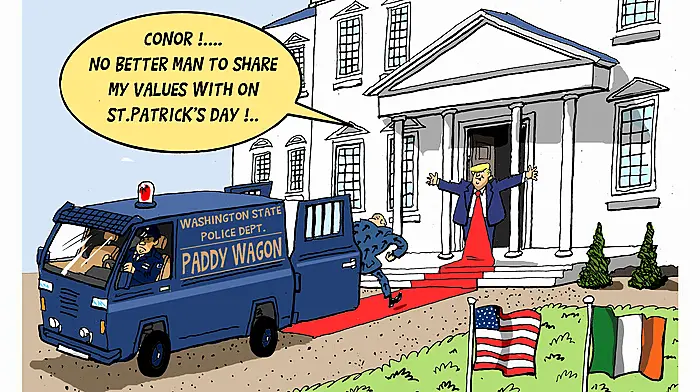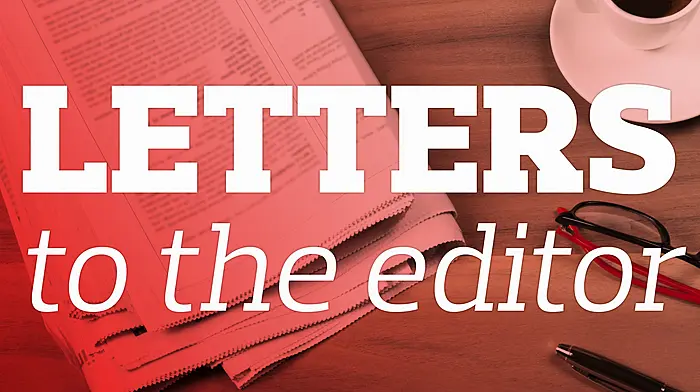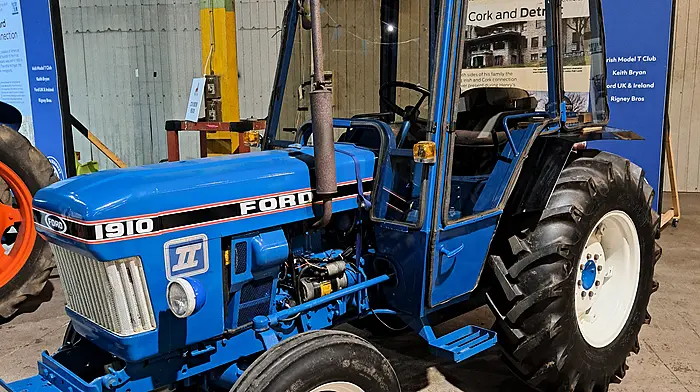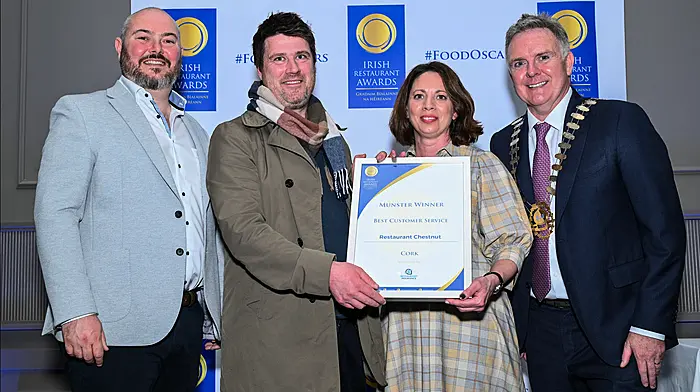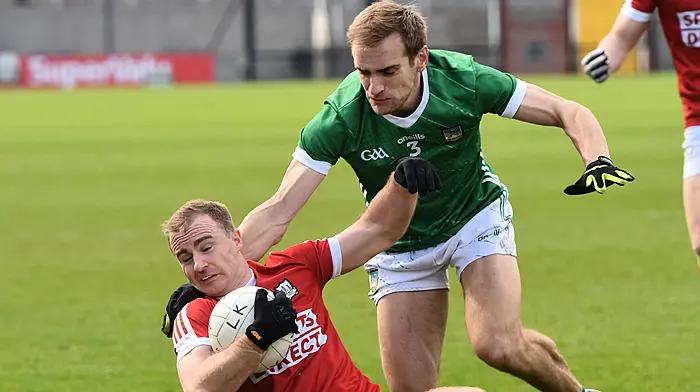WHILE Christmas in general was a quiet one this year, there were horrific scenes in west Dublin over the holiday, after a shooting in a restaurant on a main street in a suburban village.
The fact that this shooting was carried out on Christmas Eve, when many families were joined together to celebrate reuniting, was even more shocking. Images and videos emerged of people, with children in arms, trying to get to safety – others diving under tables in the restaurant. The gardaí have, quite rightly, asked for such distressing imagery not to be shared any further.
Crime in the capital has been escalating in recent years, but this latest event was a new low. News reports of carol singers nearby, children out with their parents to enjoy the festivities, and last-minute shoppers, all being caught up in the melee afterwards, were very upsetting, at a time when everyone should be at peace – if even for just a few days.
It was reported that the gardaí believed the shooting was connected to a drugs feud. The fact that those involved in such a feud would think it is acceptable to attack a man hours before Christmas Day, in a packed restaurant, shows just how low these criminals will now stoop to exert power over each other.
Within hours of the attack, which left one man dead, a senior garda made comments about those who are supporting such criminal activity by their use of ‘social’ drugs.
Detective chief superintendent Séamus Boland told RTÉ’s Paul Reynolds that the biggest support for these cartels is not coming from working class or deprived parts of society, but from the ‘educated and sophisticated professionals’ who are generating the money for the drug cartels.
He echoed what everybody already knew – that cocaine can now be easily purchased on the streets of our towns and cities with dealers arriving on foot, on bikes, on scooters, selling the drug ‘on demand’.
He also said that most people would not even think of the person providing their supply as a ‘dealer’ – but that is exactly what they are.
Taking a few lines of the now socially-acceptable drug at weekends, or on a week night out with friends, is not a victimless crime.
Every time a purchase of an illicit drug is made, it is feeding into the coffers of these vicious and violent gangs – the likes of which think nothing of opening fire in a packed Dublin restaurant on Christmas Eve.
It might be a difficult connection for many ‘social’ drug users to make – but the link must be made, nonetheless.
Because as long as there is a market for these drugs, there will be victims of the drugs’ gangs, who violently ply their trade which involves eliminating anyone who challenges them or owes them money.
And in the ensuing chaos, many innocent people can get caught in the crossfire. But where the use or purchase of illegal drugs are concerned, nobody is innocent.





